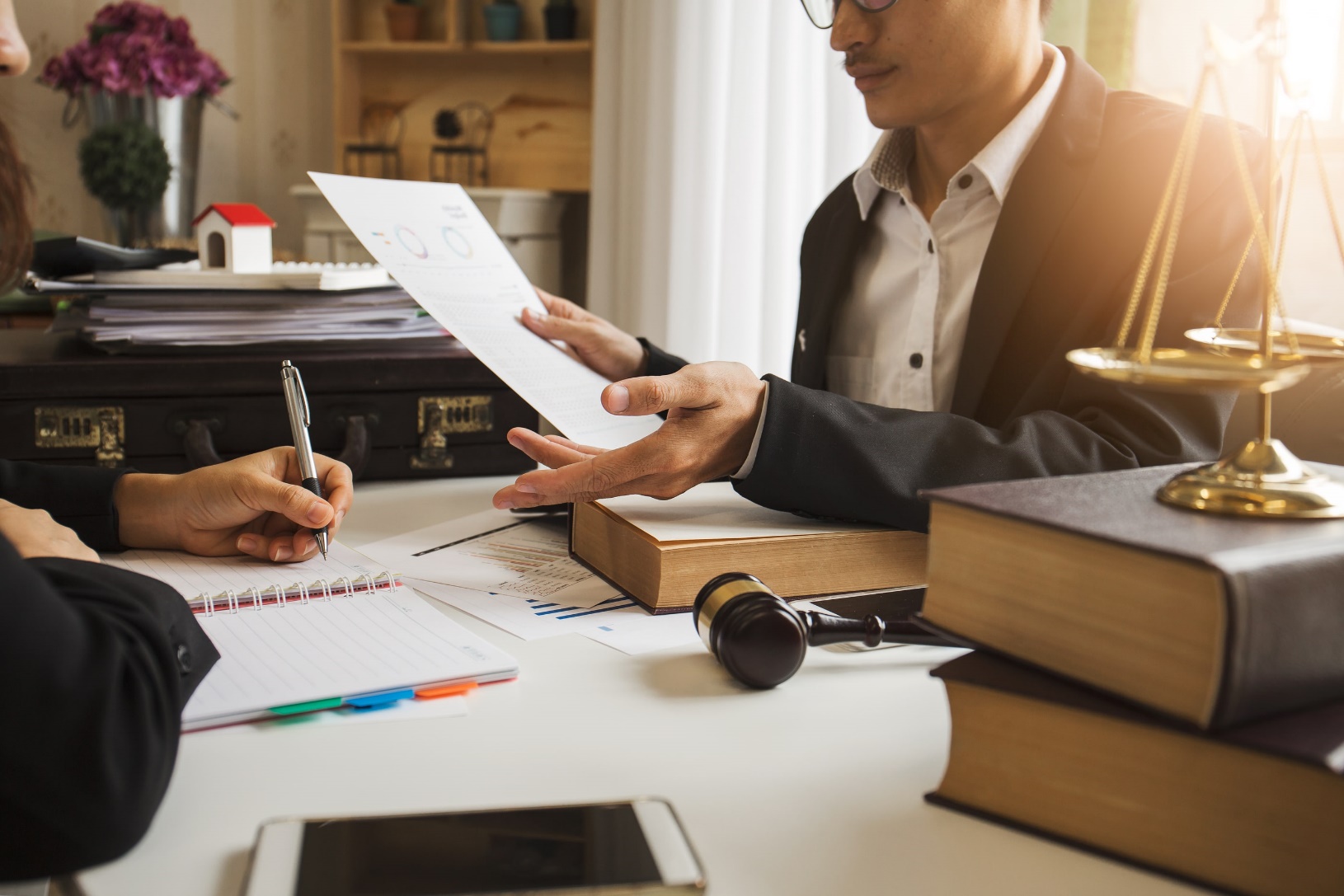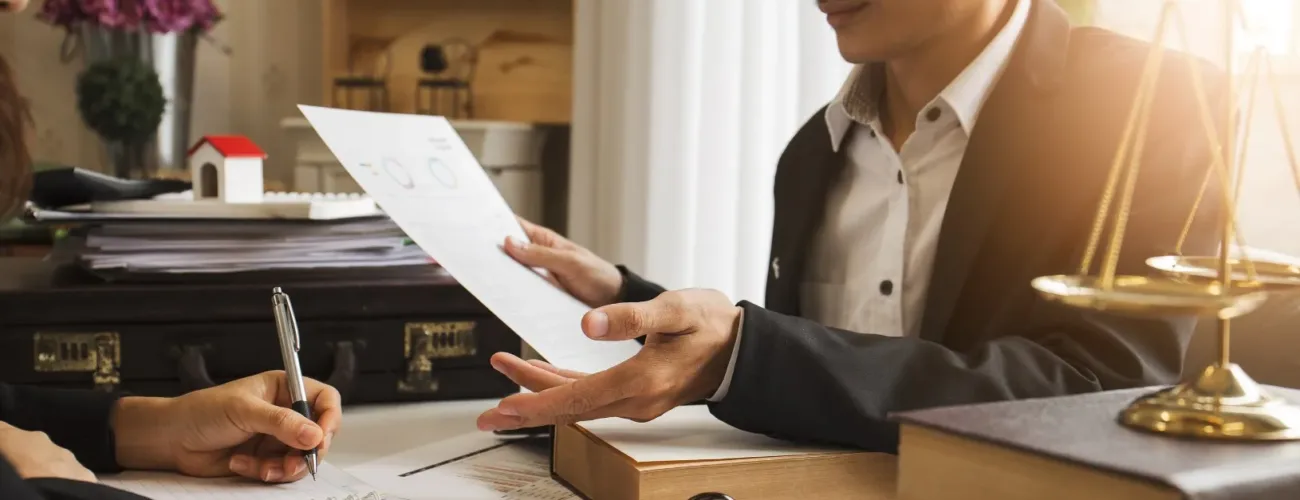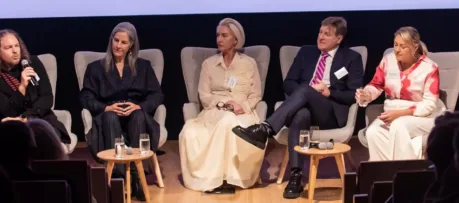When it comes to meeting with divorce lawyers for the first time, knowing what to bring along or how to prepare for it is a primary concern. It’s entirely possible when you are seeking the help of a divorce lawyer that it’s your first time contacting a solicitor at all. What’s more, the process can be daunting due to its personal nature; speaking with a third party about what you are going through is no easy task.
What can you expect from your first meeting? What – or who – should you bring? In today’s article, we’ll answer these questions so you have a better understanding of what to expect and so you’ve got less to worry about, making the process easy for everyone involved.
What should you expect when meeting your divorce lawyer?
The first thing to know is that all conversations with your lawyer – including the initial consultation – are kept confidential. You should feel free to relax and spend the time getting to know your lawyer, as well as divulge as much as you can about your situation. Your lawyer will usually also ask what you intend to achieve through the process and at the end of the process, so thinking ahead about your goals is a good idea before your first meeting.

The first consultation is also a great opportunity to ask questions. Preparing a list of things that you’d like to know about the process – such as what your rights are – is a good idea. Having a physical reminder of everything you need to ask will keep you from feeling as though you might have forgotten anything important after the meeting is over.
Your lawyer will probably also ask you questions in return, so be prepared to answer them. The information they need varies from case to case, so this isn’t something you can prepare in great detail for as much as be aware of.
Ideally, after this exchange of information has taken place, your lawyer will be able to tell you a few possible outcomes, including a range of what your entitlements are likely to be. They may even give some legal advice up front, but it’s just as likely that they will need to do some further investigations before having a solid plan for you to follow.
What should you bring?
What you need to bring varies from person to person. Some lawyers send out a questionnaire before an initial consultation, but since this isn’t a mandatory step, there are several things you can bring of your own accord to make the process quicker and easier. Much of it is common sense and will not surprise you, but bears mentioning anyway.
At Watts McCray we have an available intake form which tells us more about your current situation. This allows you to take advantage of every minute during your consultation as we can get an understanding of what you are dealing with before you even arrive. Click here to submit a form.*
Key documents
We’ve already mentioned that bringing a list of questions is a great first step, but beyond that, you will need a few key pieces of documentation. This includes:
- a copy of your marriage certificate,
- copies of the birth certificates of any children you may have,
- and the full name/s of your ex-partner and their solicitor, if they have one.
It’s also worth bringing any or all of the correspondence sent by your former spouse and/or their lawyer.
Knowing with as much detail as possible what your assets are is also a great help at your first meeting. This could include addresses of real estate that you or your former partner own, plus any documentation associated with the property such as loan documents. If you’re not sure how much your home is worth, getting a market appraisal of it and bringing that information along is also advisable. Details on other assets are also important – including vehicles, electronics, jewellery, or anything else of value.
Financial documents
Knowing your bank account details is vital. Along with these figures, you may also need to compile a list of your stocks, shares, investments, debts, mortgages and credit cards, and be ready to point out whether they are held jointly or alone. A list of your monthly expenses is also useful to your solicitor.
While on the topic of money, we’ll go ahead and mention that your lawyer will probably ask for as much information as possible about your fiscal position, including pay advice slips and tax return details. It’s worth including business details here if you or your former partner also own a business or have shares in a family company. Beyond that, you should be aware of any insurance policies, superannuation documentation, and prior divorce papers.
Other relevant documentation
If you can, there are a few other things you can put together, but these may be more difficult.
The first is a list of your non-financial contributions to the partnership. This could include renovations, child care responsibilities, etc. Having a list of your assets prior to the relationship is also a huge help, but in many cases, couples have not put something like this together at the beginning of a marriage, as no one expects to get a divorce later on, but you may have your own records.
Finally, listing any left-over, irregular sources of money is useful. This includes things such as lottery prizes, inheritances, or gifts from family and friends.
Collect information as soon as possible
The most important thing we can say about the above is this: don’t wait to collect all of this information before meeting with your solicitor. While it will make your consultation and ensuing relationship with a solicitor much quicker and easier, it’s simply not possible to expect most people or agencies to have immediate access to all of these records, let alone have the time to collate them into a manageable state.
Given the time it takes to make an application for divorce, it’s usually desirable to begin the process sooner rather than later. Delaying professional legal advice isn’t preferable to showing up with only some of the required documents – a good family lawyer will be able to help you find your next step forward even if you show up without everything you need.
The sooner you are fully aware of your rights, the better, especially considering that some entitlements may be time-sensitive.
Who should I bring with me?
The only person you need to bring is you. If you’d like to bring along someone else -a parent, close friend, etc – you are welcome to, but it is not a requirement.
Going through a divorce? Talk to us today
At Watts McCray, you’re in expert hands. If you’re looking to set up a consultation, contact our friendly team of experts today. We understand what you’re going through, and can help you navigate your divorce successfully. Don’t wait, talk to us today!





